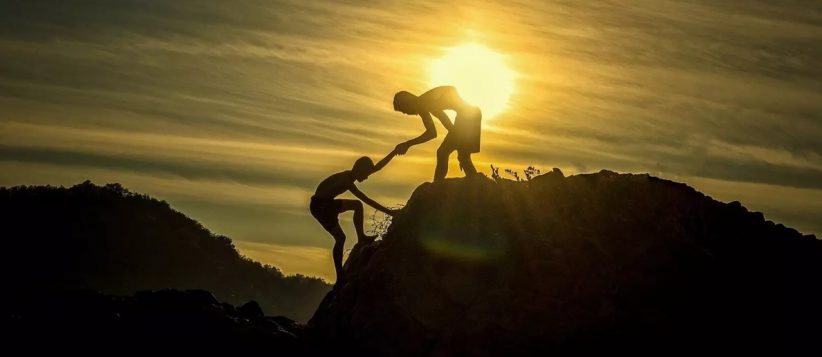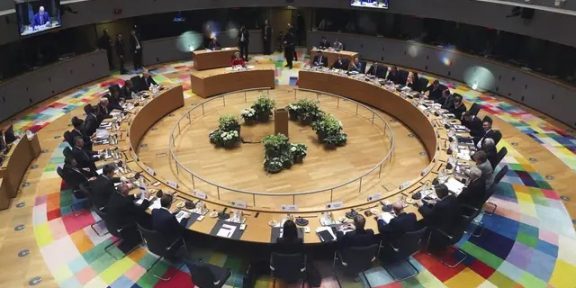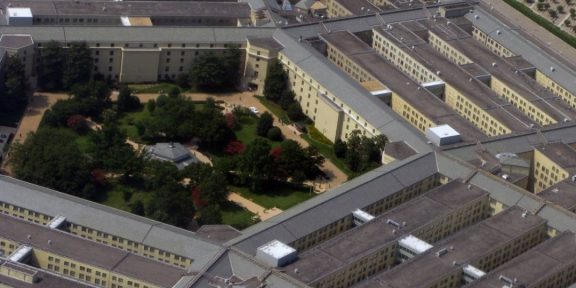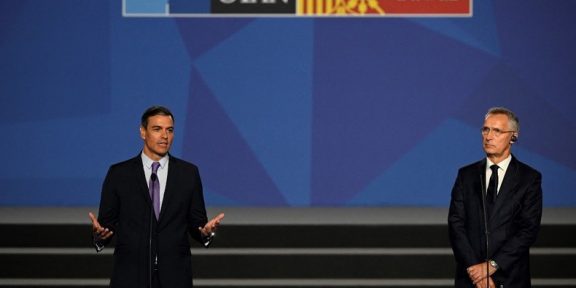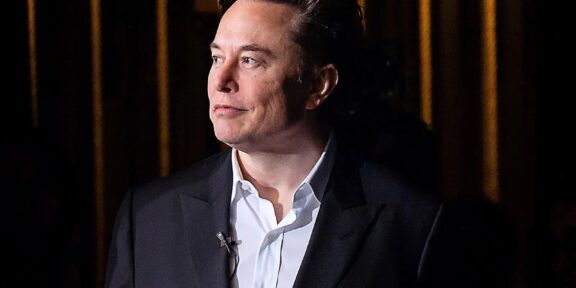- ‘Ubuntu’ is a concept that champions success, abundance and peace for all.
- With this in mind, the Ubuntu Love Challenge has been launched.
- It is a digital platform designed to encourage collaboration around solutions to the socio-economic fallout from COVID-19.
In her book A Paradise Built in Hell, the American author and historian Rebecca Solnit writes: “The history of disaster demonstrates that most of us are social animals, hungry for connection, as well as for purpose and meaning.” During the most tragic times, we humans tend to “act altruistically, bravely, and with initiative, in order to survive or save our neighbours no matter how we vote or what we do for a living”.
We couldn’t agree more.
When we discussed the current global COVID-19 pandemic over a traditional Arabic coffee in Sharjah, UAE, we were both frustrated to witness the engulfing sense of hopelessness which seemed to have gripped the world. We both knew something needed to be done on a massive scale to help millions reclaim their inner power, but initially it wasn’t clear what course of action to take.
Just a week before our conversation, life had been “normal.” Mamadou explains: “I was in the UAE for a regular business trip when suddenly I learnt I couldn’t return to the Ivory Coast because of COVID-19. Stranded, I resolved to use my time wisely during this extended period. I contacted my friend Bodour, who I’d originally met through the World Economic Forum’s Young Global Leaders fellowship.”
We agreed to meet for a discussion in Sharjah. The conversation flowed freely, and it was clear that we were both passionate about progressive ideas of equal opportunities for all and the necessity for all humans to work collaboratively, rather than in silos. As we both hail from altruistic cultures in which people are encouraged to think and care about their communities, our goal became clear: find a way to ease the tension and create an empowering environment of hope for millions of people around the world.
This was when Ubuntu was brought into the discussion. Ubuntu, which means ‘I am because we are’, is an African concept that celebrates our human interdependence and our shared destinies. Ubuntu is a philosophy that champions success, abundance and peace for all, not just the few. We both immediately understood how the concept of Ubuntu could impact the world in this very difficult period.
Our discussion about Ubuntu transformed into an online campaign challenge, which we named the #UbuntuLoveChallenge. We then issued invitations to select global leaders and change-makers in different fields, asking them to take the challenge.
At its core, the #UbuntuLoveChallenge is a digital platform designed to encourage people to work collaboratively to tackle the socio-economic issues resulting from the COVID-19 crisis. The idea is for change-makers, leaders and experts around the world to fill the online hub with solution-focused projects and initiatives, turning it into a global movement of social good. Besides specific initiatives and projects, people will also find on the #UbuntuLoveChallenge platform, and social media channels, a myriad of materials to inspire and encourage them to turn hopelessness into a force for good.
Participation in the #UbuntuLoveChallenge is as simple as following three easy steps. First, participants need to identify a challenge, be it local or global. It can be organizing food donation drives, giving access to online resources for free, volunteering to teach remotely, or sharing any knowledge with those who need it. Secondly, once their challenge is defined, they need to record themselves on video explaining what they are doing and then share it with their digital community using the #UbuntuLoveChallenge hashtag.
Finally, they need to multiply the challenge by nominating 12 other individuals to take the challenge within their network, which will help spread the love virus and make it as contagious as possible.
More than 30 celebrities, prominent government leaders and change-makers have already accepted the challenge. Among them are Chris Gardner, the CEO of Happiness, Tyrese Gibson, singer, songwriter, actor and author, Maxwell, musician and activist, Najla Al Midfa, CEO of Sharjah Entrepreneurship Center (Sheraa), Barbara McKay, a leading media personality, Badr Jafar, CEO of Crescent Enterprises, and Oulimata Sarr, Regional Director UN Women For West and Central Africa.
Each participant brings a unique contribution which we hope will help and inspire a diverse global community. Successful rapper and music producer Stix, also known as WattsStix is building Think Watts HQ, a community hub that will help develop new businesses through grants and scholarships for men and women from low-income communities in California. Community members can learn the basics of coding, programming, music, entrepreneurship, sewing and many other professional and practical skills to help them create new streams of revenue. Dr Tariq Al Gurg, CEO of Dubai Cares, accepted the challenge and highlighted an inspiring campaign that Dubai Cares started after the spread of COVID-19. Called #educationuninterrupted, the campaign launched with the UAE Ministry of Education, which supports distance learning by providing free laptops to school children from low-income homes who were forced to stay away from school during the lockdown.
Rebecca Solnit was right: crises show humanity at its best. These are scary and difficult times indeed, and we should not underestimate the emotional and mental scars that COVID-19 is leaving and will leave on humanity. Within each one of us lies the power to create miracles. Ubuntu teaches us to step in and contribute. It teaches is that we are the ones we have been waiting for.
World Economic Forum

